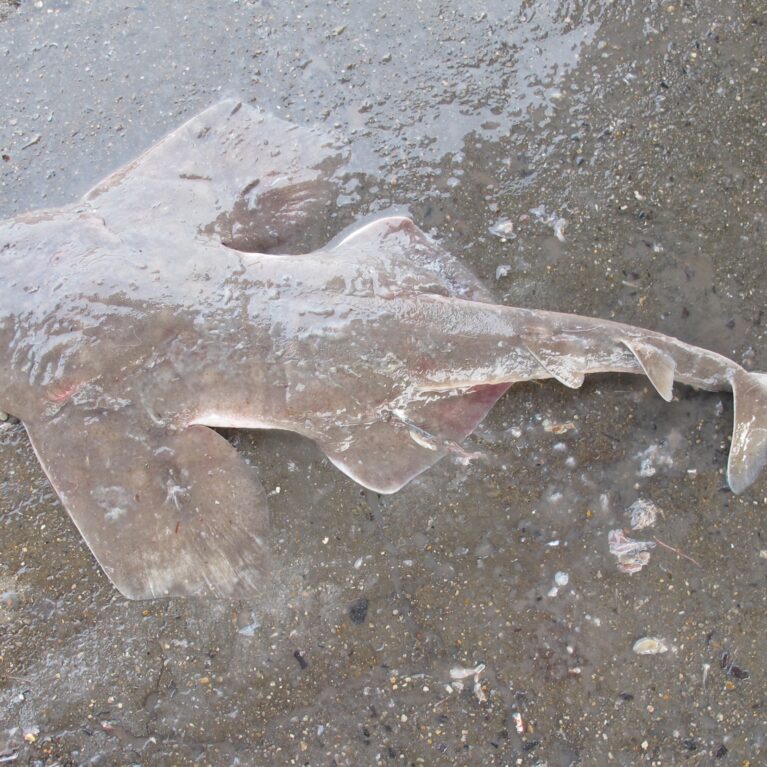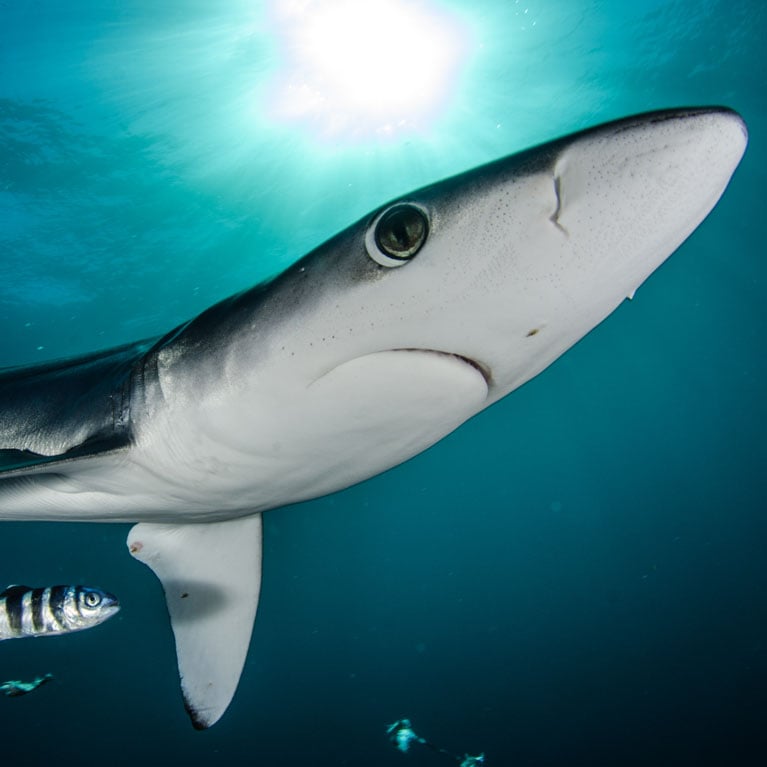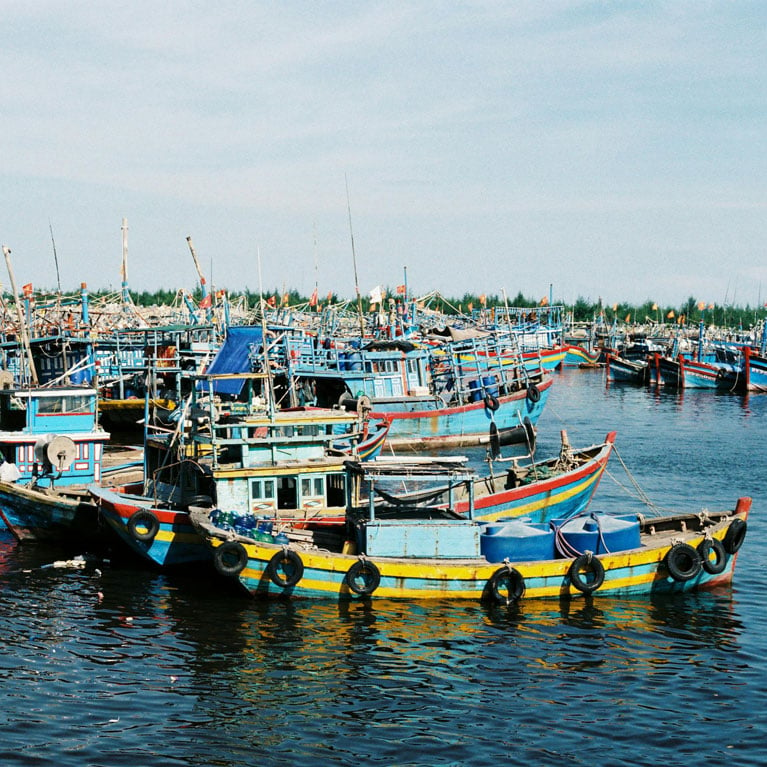DNA barcoding to identify sharks in Vietnam
Vietnam presents two sides of a shark conservation coin: it has high species diversity and a long history of shark fishing. Thinh Dinh Do worries about the ability to accurately detail which species of sharks are being caught in the region because sharks are most often finned at sea and landed with only fins available from which to identify species. That’s why he’s using DNA barcoding to identify sharks collected from Central Vietnam. He’ll determine which IUCN, CITES and Vietnam Red Data Book-listed species are being caught and traded, and use social media as a platform to raise awareness about shark conservation.
I am a researcher at the Institute of Marine Environment and Resources in Vietnam. I’m a nature lover too, my passion for the ocean starting when I was a child. After high school I entered Vietnam National University, Hanoi, to study marine biology. My love for the ocean grew even bigger when, as an undergraduate, I watched the documentary series The Blue Planet, produced by the BBC and narrated by Sir David Attenborough. Because of that, all my studies for my Bachelor’s, Master’s and doctoral degrees related to marine biology. In addition to academic degrees, I possess...




An investigation of sharks fished in Central Vietnam for conservation of threatened species
The project’s primary objective is to identify the species of sharks harvested from areas commonly used by shark fisheries in central Vietnam and to determine which threatened sharks are caught and sold in the region.
Central Vietnam is the most common place for the exploitation of sharks in the country. However, little is known about which species are caught in the region. Due to shark finning procedures in illegal fishing, it is difficult to identify the sharks that are caught as only their fins are retained. Therefore, we will use DNA barcoding and morphological examinations to identify the threatened shark species that are exploited in central Vietnam.
Sharks are often harvested for their fins, which are used in shark fin soup, and the growing demand for shark fins has caused global declines in shark populations. In a recent study, scientists found that almost two-thirds of the sharks and rays that live around the world’s coral reefs are threatened with extinction. Declines in shark populations could have serious consequences for marine life, since these predators play an essential role in the ecology and food-web dynamics of the marine ecosystem. This alarming situation requires urgent action if sharks are to be conserved. Located in the tropics and with a long coastline and diverse habitats, Vietnam’s waters are home to a high diversity of sharks. The country also has a long history of shark fishing, and its central region is the most popular place for this activity. Despite that, there is little understanding of the exploitation of sharks in Vietnam because of the lack of research. A prerequisite for shark conservation is determining whether threatened sharks are among those caught in fishing activities. In many cases, however, the illegal practice of shark finning means that only fins are landed. They cannot be identified morphologically, but molecular identification is an alternative approach. We therefore propose to apply DNA barcoding to identify threatened sharks that are exploited in central Vietnam. The study’s findings will be critical for implementing and enforcing sustainable fishing practices and regulations, such as prohibiting the catching and/or landing of threatened species. The results will be the basis for monitoring the exploitation of sharks in Vietnam. In addition, the project will be a valuable opportunity to increase public awareness of shark conservation in the country, where little attention is given to the topic.
- To use DNA barcoding and morphological examinations to identify shark species harvested in central Vietnam.
- To determine which threatened shark species listed in the IUCN Red List, CITES Appendices and Vietnam Red Data Book are caught and sold in central Vietnam.
- To raise public awareness about shark conservation by regularly releasing information on social media.
Summary of main research results/outcomes:
Despite their important role in marine ecosystems, many species of shark are threatened due to overfishing to serve humans’ increasing demand. In this project, shark samples were collected from central Vietnam, and their barcode sequences were identified. Analysis of collected samples, ten shark species were determine. The most abundant samples belong to the blue shark, Prionace glauca followed by the spot-tail shark, Carcharhinus sorrah. Especially, a sample of the Indonesian angelshark Squatina legnota was also found. Previously, this angelshark was also recorded from Indonesian waters. Noticeably, all detected species were listed on the IUCN Red List. Also, three species were listed on Appendix II of the CITES list. The project’s finding indicated the high threat of sharks in the country. This study provides a basis for long-term conservation of sharks in Vietnam. The study finding is scientifically fundamental for law enforcement to maintain and restore shark diversity in the country.

